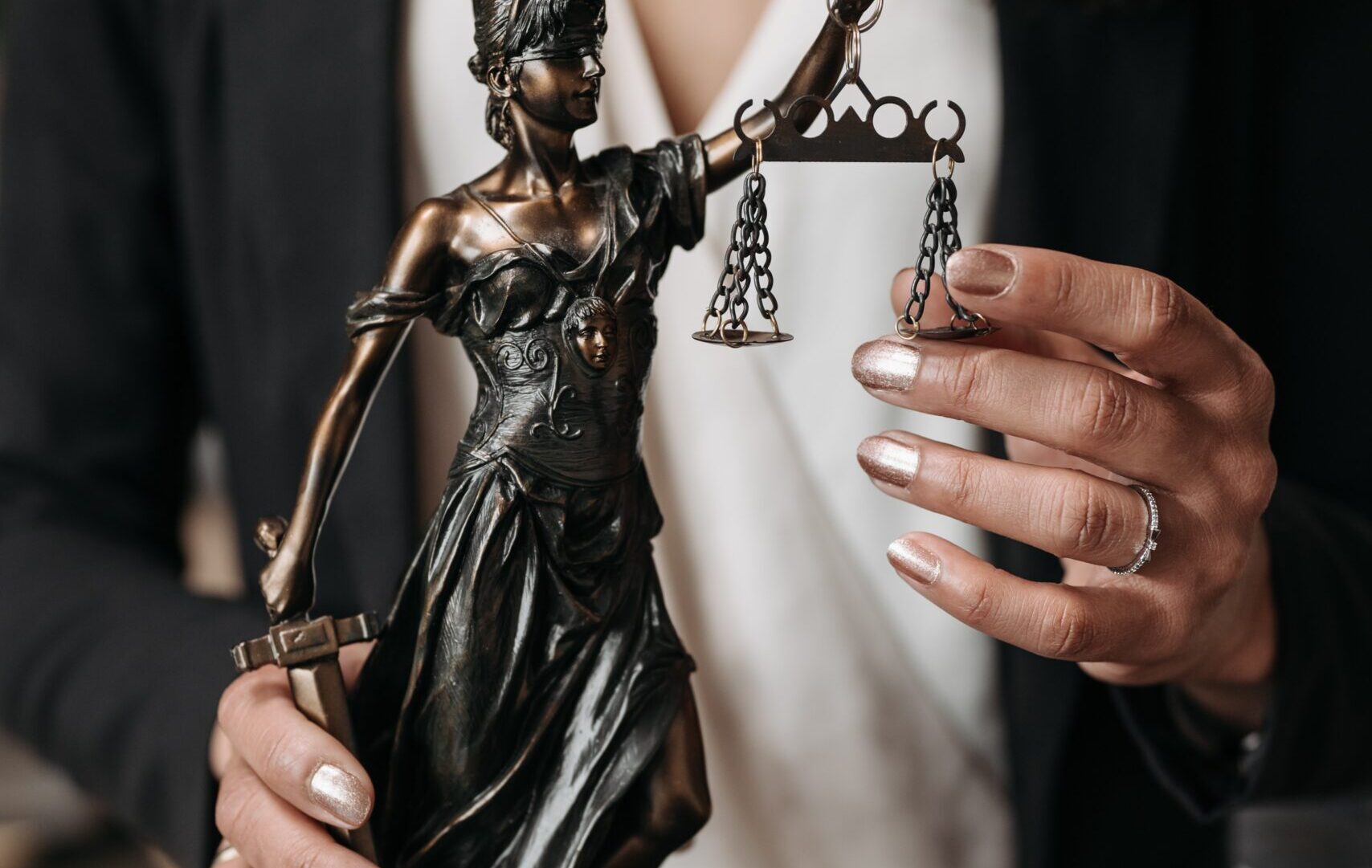
The Intricate Balance of Punishment and Rehabilitation in Criminal Law
The Intricate Balance of Punishment and Rehabilitation in Criminal Law
When it comes to the criminal justice system, there is a delicate balance that must be maintained between punishment and rehabilitation. While punishment serves as a deterrent to crime, rehabilitation aims to reform offenders and reintegrate them back into society as law-abiding citizens. Finding the right mix of these two approaches is crucial in ensuring the effectiveness of the justice system.
The Role of Punishment
Punishment is often seen as a necessary component of the criminal justice system. It serves as a form of retribution for the harm caused by the offender and as a deterrent to others who may be considering committing similar crimes. By holding offenders accountable for their actions and imposing consequences, punishment aims to uphold the rule of law and maintain social order.
However, the effectiveness of punishment alone in preventing recidivism is limited. Studies have shown that simply locking individuals up without addressing the underlying issues that led to their criminal behavior is not enough to break the cycle of crime. This is where rehabilitation comes into play.
The Role of Rehabilitation
Rehabilitation focuses on addressing the root causes of criminal behavior and providing offenders with the tools they need to make positive changes in their lives. This can involve therapy, education, vocational training, and other programs designed to help offenders reintegrate into society successfully.
By providing offenders with the support they need to address underlying issues such as substance abuse, mental health disorders, or lack of education, rehabilitation aims to reduce the likelihood of reoffending. This not only benefits the individual offender but also society as a whole by decreasing crime rates and improving public safety.
The Balance Between Punishment and Rehabilitation
Finding the right balance between punishment and rehabilitation is essential in ensuring that the criminal justice system is effective in preventing crime and promoting justice. While punishment may be necessary to hold offenders accountable and deter future criminal behavior, rehabilitation plays a crucial role in addressing the root causes of crime and helping offenders make lasting changes.
By combining the principles of punishment and rehabilitation, the justice system can create a more holistic approach to addressing criminal behavior and promoting positive outcomes for both offenders and society. This delicate balance requires careful consideration and ongoing evaluation to ensure that the needs of both victims and offenders are met.
FAQs
Q: What is the goal of punishment in criminal law?
A: The goal of punishment in criminal law is to hold offenders accountable for their actions and deter future criminal behavior.
Q: How does rehabilitation help reduce recidivism?
A: Rehabilitation helps reduce recidivism by addressing the root causes of criminal behavior and providing offenders with the support they need to make positive changes in their lives.
Q: Why is finding the right balance between punishment and rehabilitation important?
A: Finding the right balance between punishment and rehabilitation is important to ensure that the criminal justice system is effective in preventing crime and promoting justice.

Baltimore DUI Lawyer
If you’re looking for the best DUI lawyer in Baltimore, you’re likely facing a stressful situation. But fear not, because the right legal representation can make all the difference. A top-notch DUI lawyer isn’t just someone who knows the law—they’re experts in navigating the intricate legal landscape surrounding DUI cases. From challenging breathalyzer results to negotiating plea deals, they employ a variety of strategies to protect your rights and achieve the best possible outcome. So, if you find yourself in need of legal assistance for a DUI charge, don’t hesitate to seek out the expertise of the best DUI lawyer in Baltimore.
